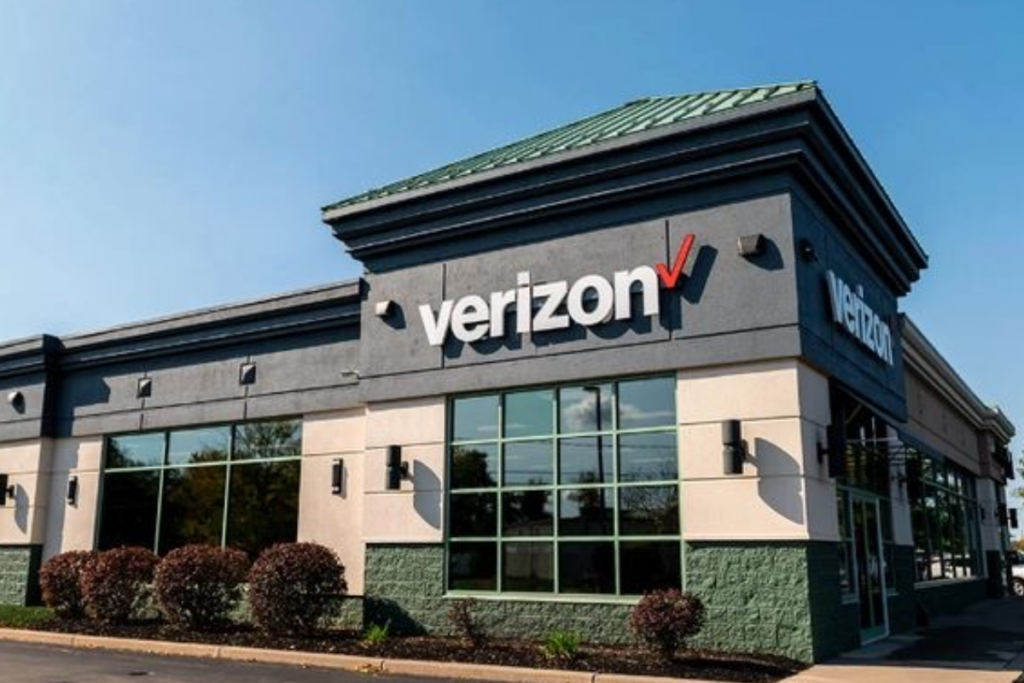Verizon announced on Thursday that it would buy Frontier Communications, a major phone and internet company. This deal will help Verizon, one of the biggest US network providers, compete against its major rivals, AT&T and T-Mobile. Since AT&T and T-Mobile have doubled down on unlimited plans and better bundling options, this deal will help Verizon compete well with them.
How Much Is Verizon Paying for Frontier?
Verizon will pay $20 billion in cash for Frontier Communications. Verizon hopes that by buying Frontier, it can attract more customers and compete better with its rivals. The phone and internet company is offering to pay $38.50 for each share of Frontier stock, which is 37.3% higher than the Frontier stock price just before the news of the deal came out.
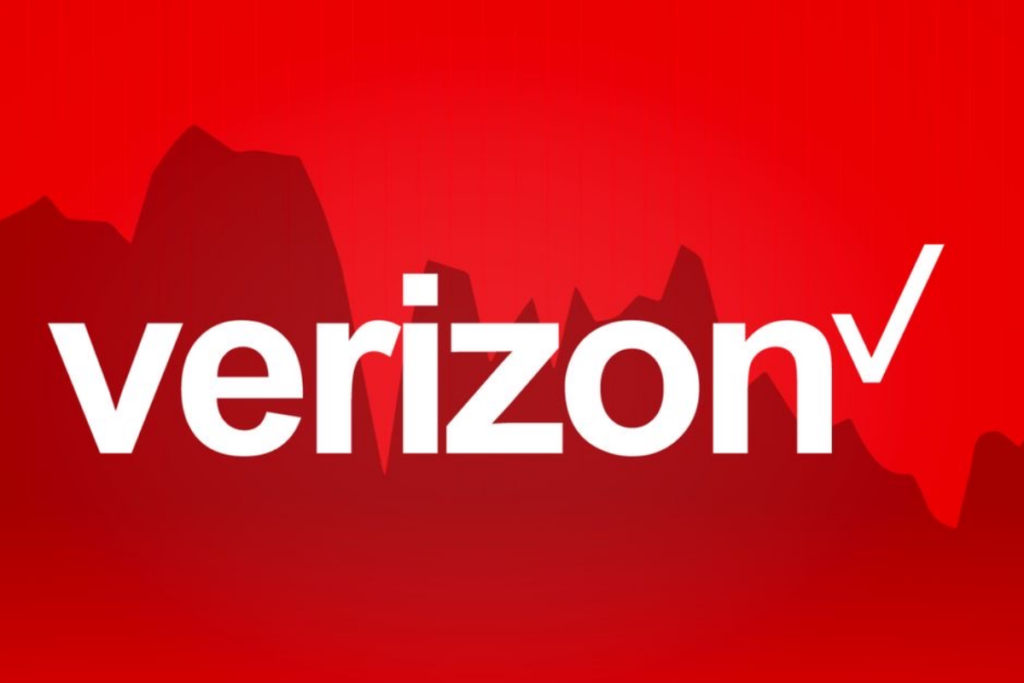
Frontier has a total debt of $11.25 billion, and Verizon will take care of the debts as a part of the purchase. At the time of the announcement, Frontier stock was trading at $35.10. Although this amount was below Verizon’s offer, it had increased by 38% in value the day before. However, Verizon’s stock slightly decreased.
ALSO READ: Mars to Acquire Kellanova in $36 Billion Snack Industry Deal
Why Is Verizon Buying Frontier?
Frontier Communications has about 2.2 million fiber customers across 25 states. When this number is combined with Verizon‘s 7.4 million customers in 9 states and Washington, D.C., the deal will give Verizon an even more significant presence in more areas.
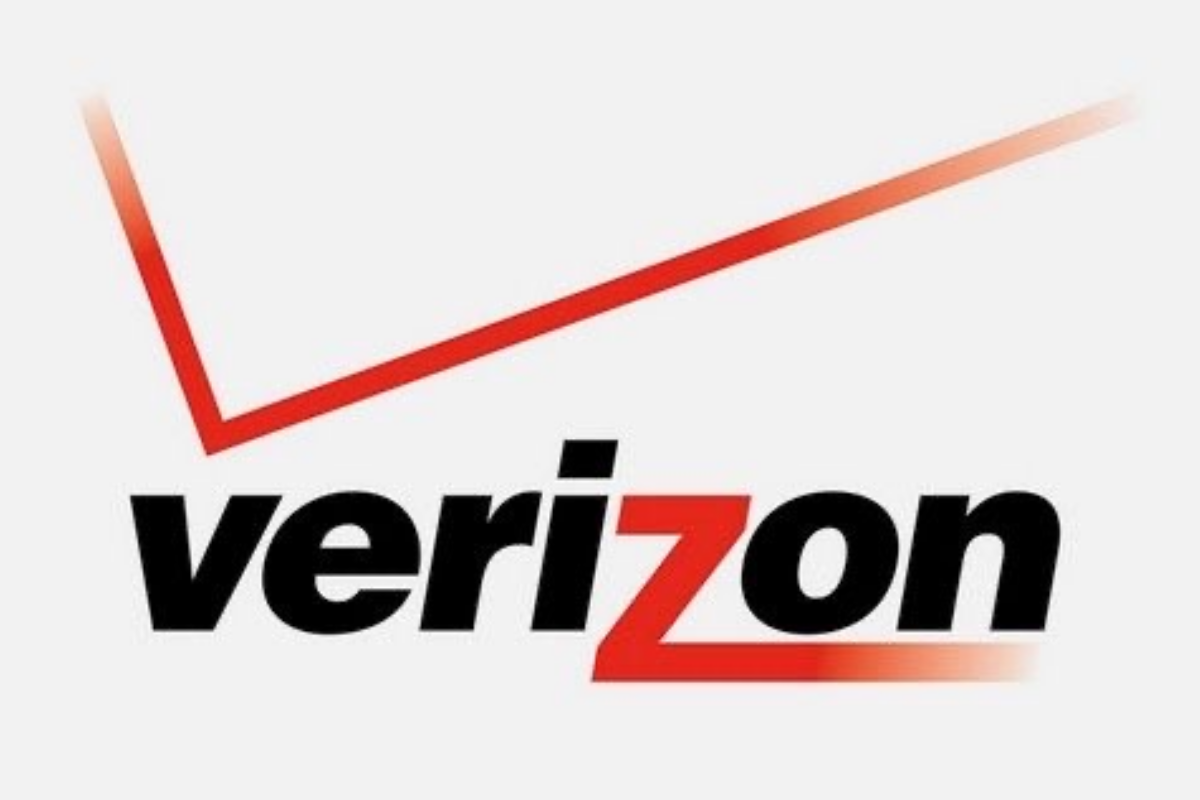
According to Verizon CEO Hans Vestburg, purchasing Frontier is a good fit because it will allow Verizon to be more competitive in new markets.
Verizon and Frontier will collaborate on a deal that will give Verizon access to more areas for its fiber internet. According to Verizon executives during a conference call, the two companies will have 25 million fiber passings. Fiber passings mean the number of potential customer locations where internet cables are run. In contrast, AT&T has about 28 million fiber passings, according to MorningStar.
ALSO READ: JCPenney Shuts Down: Implications for the Future of Retail
When Is the Deal Expected to Close?
The deal is expected to close in about 18 months. It will help Verizon expand its fiber U.S. network, mainly covering the Northeast and Mid-Atlantic regions. When Verizon finally teams up with Frontier, it will then be able to reach parts of the Midwest, Texas, and California.
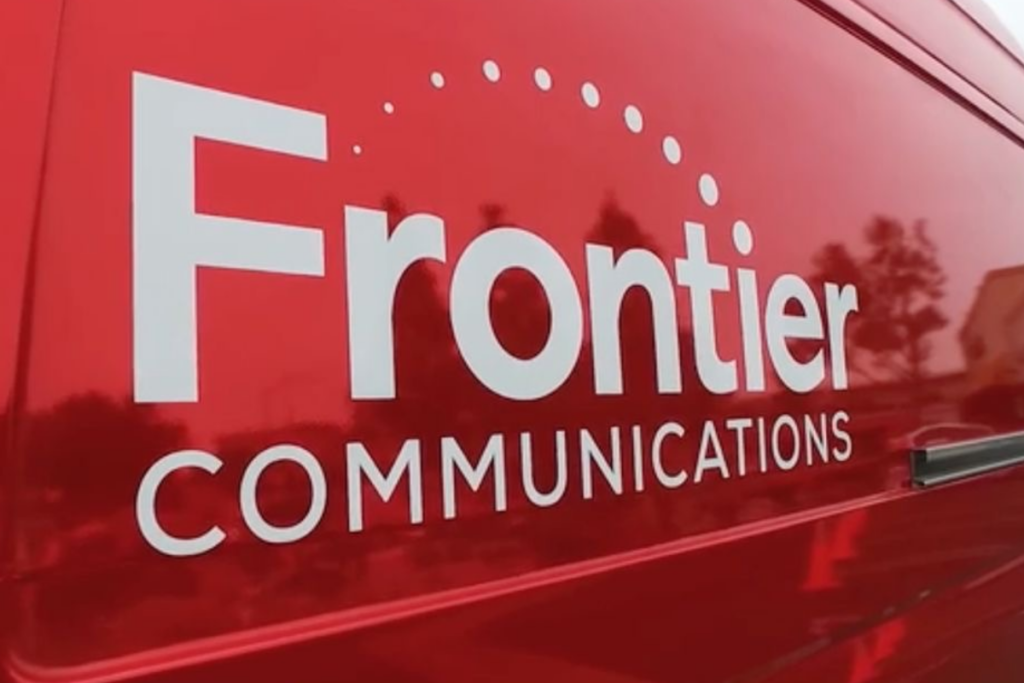
This is not the first time Verizon and Frontier have worked together. In 2016, Verizon sold some of its TV and Internet services in California, Texas, and Florida to Frontier for more than $10 billion. This deal included part of its fiber networks and customers.
However, experts think the Verizon-Frontier deal would not make a big difference for Verizon. Currently, Verizon’s fiber network covers less than 10% of the US, and after this deal, it will only increase by about 3%. On the other hand, Verizon’s competitor, AT&T, covers less than 15% of the US.
According to Craig Moffett, an analyst, this acquisition would not make Verizon a significant player in fiber internet, and they won’t be able to expand it enough to have a considerable impact. He said, “You would describe it as going from small to a little bit less small, but that is the best you could say about it.”
“There is simply no conceivable path where they can reach meaningful scale with fiber,” Craig said.
Who Owns Verizon and Frontier Communications?
Verizon Communications Inc. is owned by people who buy its stocks. This means people who buy Verizon stocks own small parts of the company, and they are called shareholders.
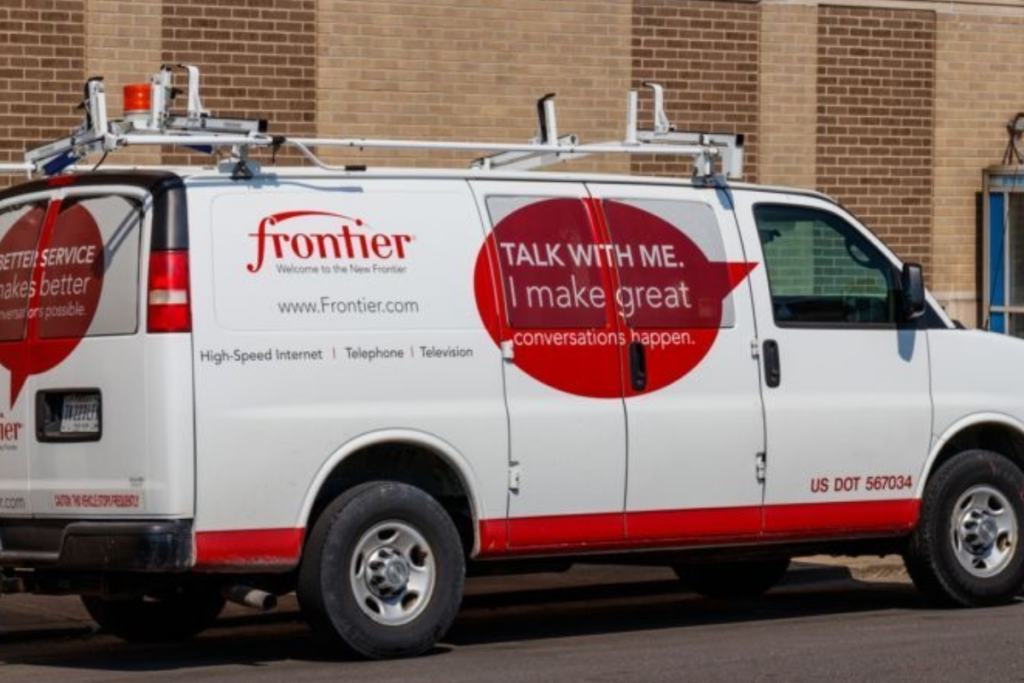
Some of Verizon’s biggest shareholders are large companies that invest money for other people. Examples of these companies are Vanguard Group and BlackRock. Instead of one person or a company owning all of Verizon, many people and companies own small pieces. Verizon’s CEO and other executives, such as its managers and board of directors, make decisions for the company and work to ensure its success for all its shareholders.
On the other hand, Frontier Communications was a publicly traded company before its new deal with Verizon. This means it is owned by shareholders who buy its stock. Its largest owners are usually institutional investors like mutual funds and investment firms, which manage large amounts of money on behalf of others.
You Might Also Like:
Introducing the 2025 Caterpillar Pickup Truck for the U.S. Market
U.S. Sanctions on China Leads to a Property Crisis, Taking a Toll on Key Cities
Klarna Competitor Zilch Reports First Profit and Names Former Aviva CEO to Board Ahead of IPO
Supermarkets and Beauty Retailers Face Backlash Over ‘Murky’ Loyalty Pricing Tactics
Oil Giant Petrobras Brazil Accesses Global Markets With Dollar Bond Sale

